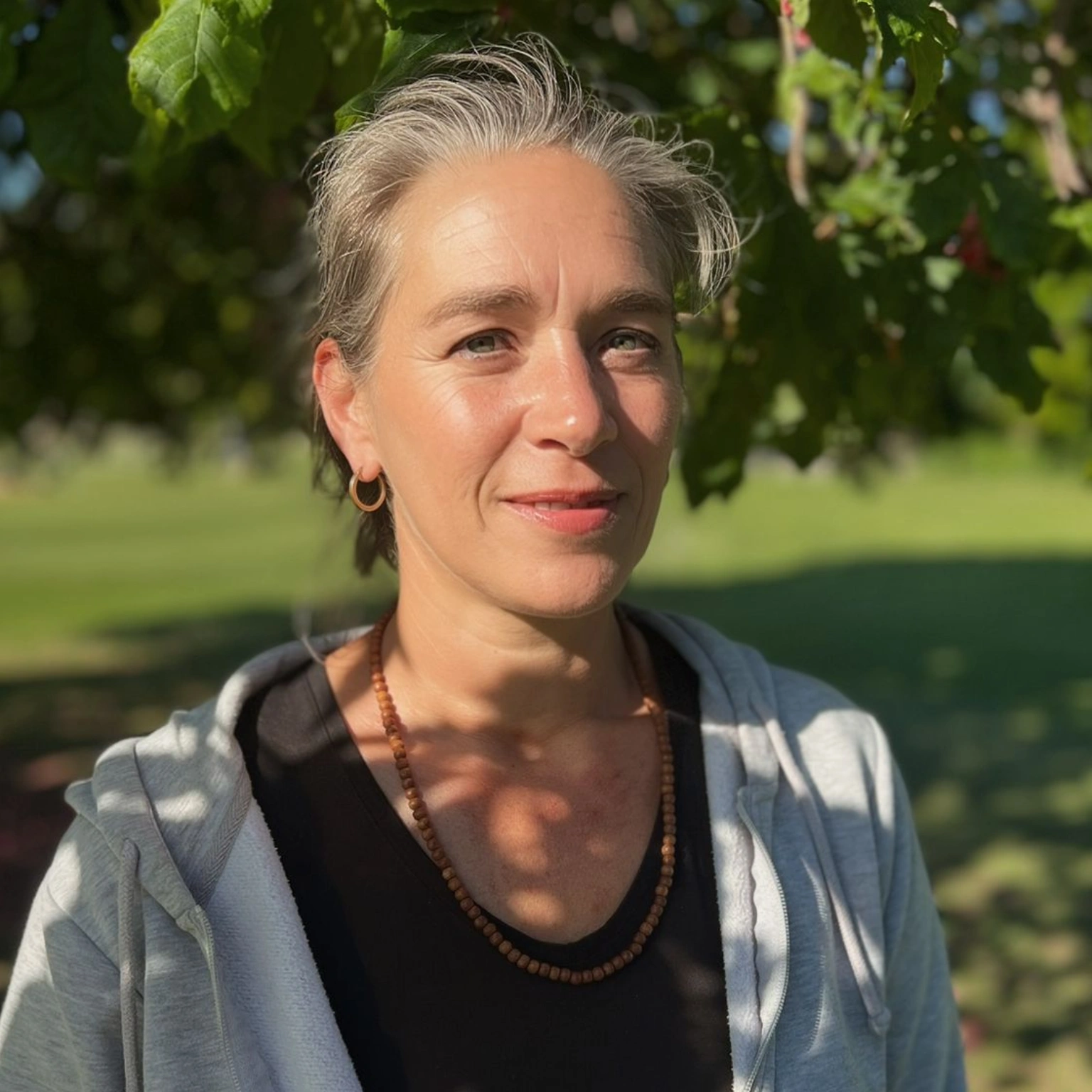Achieve Holistic Health with Nicci B Wellness
- Nicci B

- Sep 22, 2025
- 3 min read
Updated: Oct 6, 2025
Find Your Alignment in Body, Mind & Spirit
We live in times where imbalance is almost baked into daily life: stress, overwork, poor sleep, emotional turbulence, and physical aches.
Holistic health isn’t a luxury; it’s a compass pointing us back toward our natural state of equilibrium.
“Reclaiming balance” means tuning in to all parts of ourselves—not just the visible ones.
Here’s how to reconnect, heal, and step into a more balanced, vibrant you.
1. Start with Awareness: What’s Out of Balance?
Before you “fix” anything, you need to observe.
Take a few moments each day to check in:
How’s your energy?
Mood?
Sleep?
Digestion?
Emotional state?
Journaling can help. Note recurring tensions in your body or mind, repeated thoughts or anxieties, and habits that drain rather than nourish.
Listen to your body’s cues: tight shoulders, digestive issues, fatigue, and restlessness—these are signals, not annoyances.
The Importance of Self-Reflection
Self-reflection is crucial for understanding your current state. It allows you to identify patterns and triggers that may contribute to your imbalance.
Consider setting aside time each week to review your journal entries. This practice can reveal insights that guide your healing journey.
2. Nourish the Physical Layer
Your physical body is the ground floor of balance.
Movement
Engage in gentle stretching, yoga, or tai chi. Walking in nature can also be beneficial. If there’s stiffness, focus on mobility and hip/back/pelvis work.
Touch & Bodywork
Consider therapies like massage, reflexology, or hot stone therapy. These treatments release tension, improve circulation, and encourage lymphatic flow.
Nutrition
Opt for whole foods and clean, seasonal eating. Avoid processed sugars, excess caffeine, and alcohol if possible—these tend to destabilize energy. Hydrate well.
Physical practices anchor us. Neglecting them often makes imbalances cascade into mental and emotional realms.
3. Support the Mental & Emotional Realms
Your thoughts, feelings, and mental environment matter just as much as physical inputs.
Mindfulness & Breath Work
Even 2-5 minutes per day of breathing exercises can lower stress hormones and calm the nervous system.
Emotional Release
Letting yourself feel is essential. You might express emotions through journaling, art, or movement. Holding in grief, anger, or stress seldom ends well.
Boundaries & Rest
Saying “no” can be restorative. Prioritize rest, detach from screens, and let downtime be part of your schedule.
4. Cultivate Spiritual & Energetic Balance
“Spiritual” doesn’t necessarily mean religious; it’s about connection, meaning, and energy.
Practices for Spiritual Connection
Engage in practices like meditation, Reiki, or guided visualizations. Simply sitting in silence can help align you with a deeper purpose.
Nature Connection
Walking barefoot, being near trees, and feeling the ground beneath you can help. Nature has its own harmony, which helps recalibrate ours.
Energy Hygiene
Clear space energetically with smudging, sound, or crystals if that's your path. Ensure your environment feels supportive rather than draining.
5. Routine, Rituals, and the Power of Small Consistency
Big changes are often the accumulation of small, regular steps.
Establish Simple Daily Rituals
Consider incorporating:
A morning stretch
An evening wind-down
Gratitude journaling
Breathing exercises before bed
Gentle Tracking
Gently track what helps you. Did you sleep better after a massage? Do you feel more peaceful after meditation? Use that feedback to guide your practices.
Allow Flexibility
Balance is dynamic. What worked last week may need tweaking this week. Be kind and adaptable to your changing needs.
6. Seeking Professional & Holistic Support
You don’t have to do it alone. Sometimes outside help can accelerate healing.
Treatments
Consider treatments like massage, reflexology, or aromatherapy. These address physical, energetic, and nervous system levels.
Coaching / Wellness Consultations
Explore nutrition, movement, lifestyle, and mindset with a professional.
Specialized Support
Seek specialized support for underlying issues such as sleep disturbances, chronic pain, hormonal imbalances, or emotional trauma.
At Nicci B Wellness, I integrate all these modalities to help you reclaim balance in a sustainable, holistic way.
Conclusion: What “Balance” Looks Like for You
Balance might look different from person to person. For one, it might mean calm nights of sleep. For another, it could be overwhelming creativity or energy. For someone else, it may represent emotional stability.
Reclaiming balance is about tuning in, responding kindly, and building practices that support your wholeness.
If you feel out of sync, remember: small, aligned steps compound. You don’t need dramatic overhauls—just consistent intention and care.
Wellness isn’t a luxury. It’s a necessity.
Wellness isn’t a luxury. It’s a necessity. |
Book a session


Comments